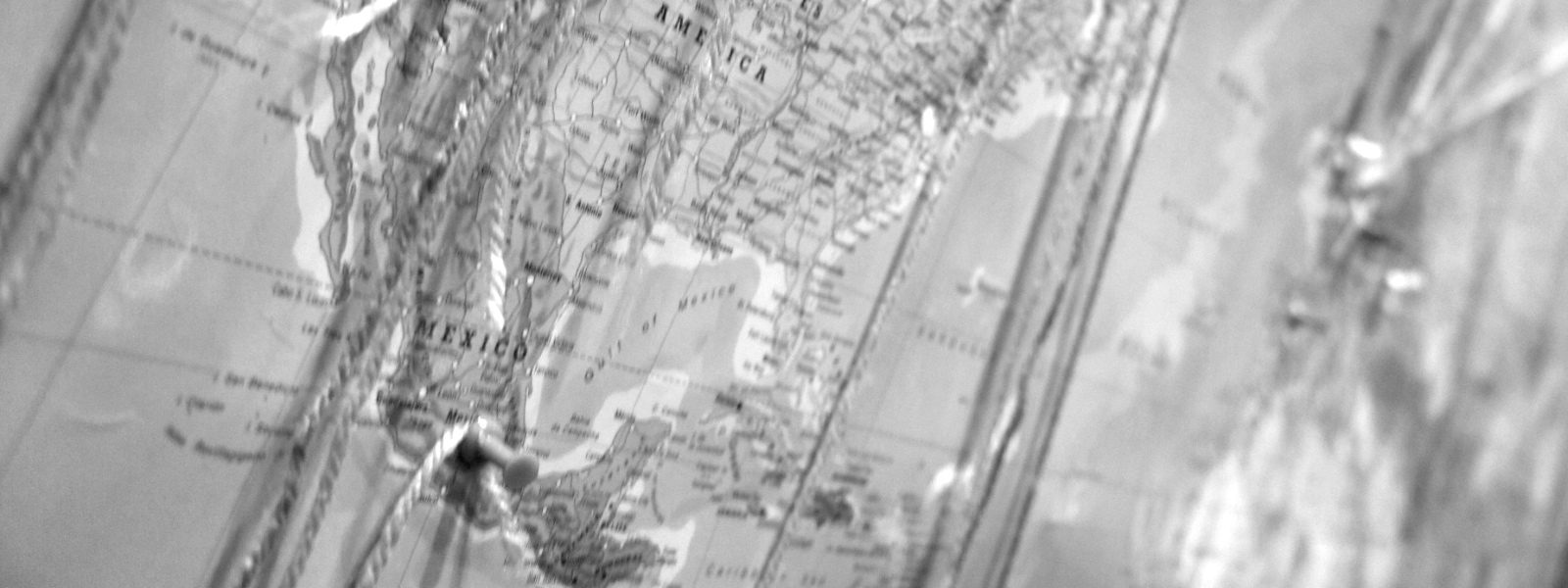The Web Literacy Standard is dead (long live the Web Literacy Map!)
I spent a good chunk of 2013 working with colleagues and a community of stakeholders creating a Web Literacy Standard. The result is testament to the way Mozilla, as a global non-profit, can innovate on behalf of users. I’m delighted with what we created.
Until recently, the literature and language in the field of Web Literacy has been relatively undeveloped. This is important, because although it doesn’t always seem like it, words are hard:
This seems to be a problem for anyone trying to explain the unfamiliar. If you invent new words, few people will know what you’re talking about, but if you make analogies using existing words, you bring along all their context, whether you want to or not.
In early 2013 we wanted to avoid creating just another ‘framework’. Why? Although we wanted to be more descriptive than prescriptive, we still didn’t want people to just pick-and-choose the bits they liked. Instead, we wanted to co-create something more holistic. That’s we chose to call what we were creating a ‘Standard’. The idea was for the community to come together to build something they felt they could align with.
And that’s exactly what we did. We created something that, while not perfect, we can feel a justifiable pride about.
A problem we’ve encountered is that because words are hard and dependent upon context, ‘Standard’ can have negative connotations – especially in North America. So after announcing the first version of the Standard at MozFest we, as a community, started to have a discussion as to whether ‘Standard’ was a word we wanted to keep.
The result of that consultation is that we’ve decided to move away from ‘Standard’ to describe what we’re doing here. While we could fight a valiant crusade on behalf of the term, it doesn’t seem like a battle that’s worth our time and effort. It’s better to focus on winning the war. In this case, that’s ensuring the newly re-titled Web Literacy Map underpins the work we do around Mozilla Webmaker. After all, we want 2014 to be the year we move beyond the ‘learn to code’ movement and focus on a more holistic understanding of web literacy.
We decided on Web Literacy ‘Map’ because we found that most of the language we used to describe what we’re doing was cartographic in nature. Also, it means that our designers have a lot more scope around visual metaphors! It’s going to be (and, importantly, look) – amazing!



